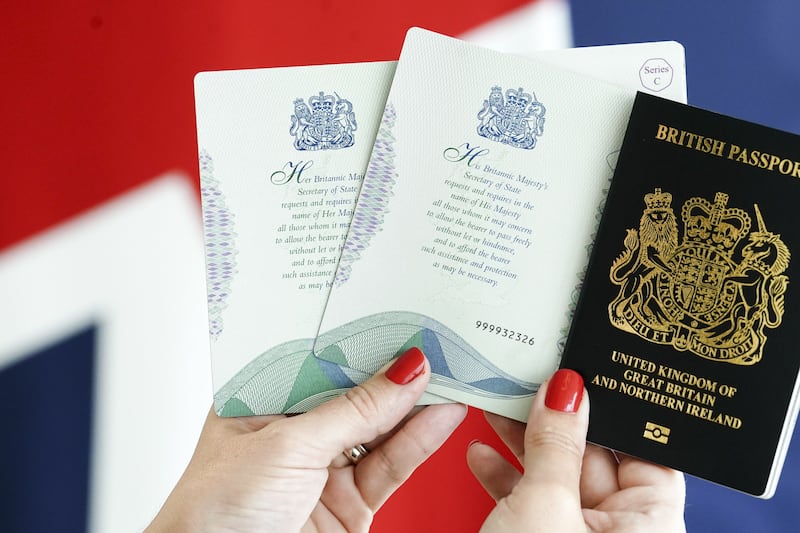THE British government's Home Office was already having a week to forget without a thorny Brexit issue landing on its doorstep.
Prime minister Theresa May and home secretary Amber Rudd have spent much of this week addressing the Windrush scandal, which erupted after it emerged some children of Caribbean migrants had been threatened with deportation.
But the department has now also had to make another apology, this time over its Border Force recruitment policy that required new applicants to have a British passport.
To many in Northern Ireland, it's as clear as day that the perception of a 'British only' Border Force post-Brexit would cause unease, never mind the legal considerations of excluding Irish passport holders.
But in dealing with the Home Office all week with this story, it was evident the implications for Northern Ireland had not been well thought out.
Their initial press responses did not address the issue at all, instead simply referring to civil service guidance on who can apply for reserved posts.
"As we prepare to leave the EU, it is vital that we continue to ensure operational resilience at the border," one statement said.
But within a week, the department has been forced into a climbdown amid mounting pressure, blaming the application criteria on an "error".
Unfortunately for the British government, this Border Force episode is a microcosm of how many have seen its handling of the UK's exit from the EU.
Just like during the referendum campaign, the implications of Brexit on Northern Ireland have seemed like an afterthought – and for some Brexiteers, an inconvenience.
David Davis, the British government's Brexit secretary for nearly two years, has not visited the north-south border during his tenure.
The British and Irish governments and the EU all insist they want to avoid a 'hard border' with physical checkpoints on the island of Ireland, but questions remain over how this can be achieved.
A "backstop" position has been agreed in principle – envisaging the north effectively remaining within the EU single market and customs union – if another solution is not found, but the UK is still pushing for a different arrangement.
Although 'Brexit day' is not until next March, the next few months will be crucial in resolving the impasse.







